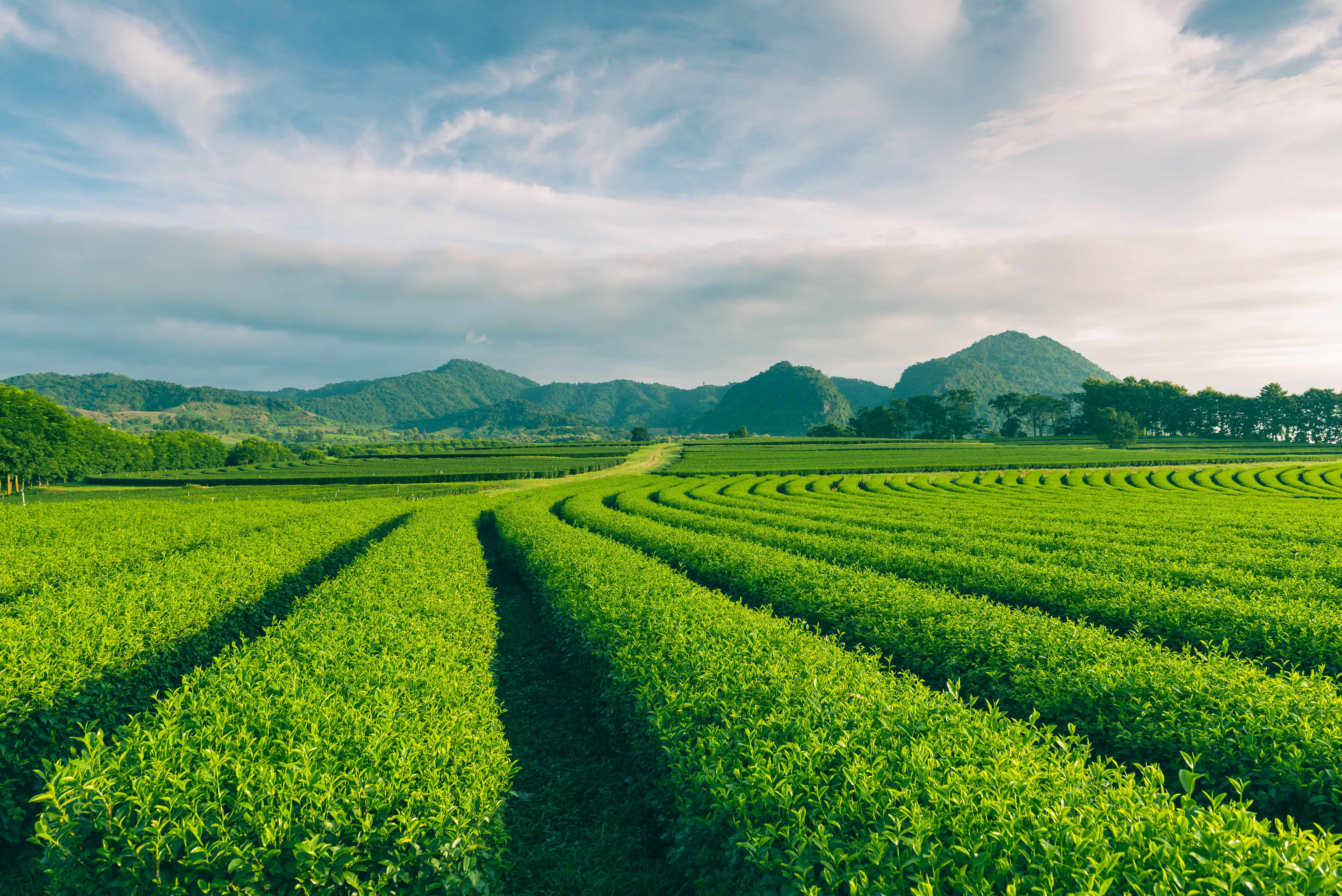Indonesia’s animal agribusiness sector
The animal agribusiness sector is an important one for Indonesia as it currently contributes around 14 per cent of the country’s GDP. One third of the labour force in Indonesia is employed in agriculture in a sector which is largely driven by smallholder farms. Addressing issues surrounding food security remains a priority for Indonesia.
The agribusiness sector is central to the country’s ability to feed its residents, however addressing issues surrounding food security remain a priority for Indonesia as its agricultural industry needs to evolve if productivity and sustainability are to match the demands of a growing population. Furthermore, as is the case with so many countries, Indonesia’s agribusiness sector was negatively impacted by the recent Covid-19 pandemic, with problems affecting production and supply chain efficiency.
Things are looking up though as thanks to government support, increased domestic and overseas investment and developments in agritech, the situation is looking much brighter. As animal agribusiness recruitment specialists in Indonesia, it’ll be interesting for us to see how the country’s agricultural sector gets to grips with increasing demand and how weaknesses in food production are resolved.
Key agribusiness sectors in Indonesia
Indonesia is the largest producer in the world of natural rubber and palm oil, whilst it is also the second biggest producer of poultry in the Asia Pacific region and one of the world's largest seafood producers.
Thanks to changing dietary habits, Indonesia’s dairy industry is currently enjoying something of a boom. Market demand has risen by more than 10% year on year for the last decade as a result of evolving consumer preferences and population growth. Whilst dairy products aren’t traditionally part of the Indonesian diet, products such as cheese, yoghurt and milk are growing in popularity amongst middle-income households. Despite this, per capital milk consumption in Indonesia remains lower than in Thailand and the Philippines, although this is changing as consumers become increasingly health conscious.
Indonesia’s dairy industry presents exciting opportunities for recruitment specialists in the Asia Pacific region as although demand for dairy products is increasing, the industry faces ongoing challenges regarding supply problems. Around half a million cattle are farmed in Indonesia but dairy animals are mainly managed in small numbers by individual farmers. As such, a reliance on imports from countries such as New Zealand and Australia is a cause for concern, given Indonesia’s significant land availability and potential labour force.
Over recent years, however, there has been significant international and local investment in dairy livestock capacity and production facilities. The aim is to expand the sector, resulting in a further increase in demand for animal agribusiness recruitment in Indonesia.
The trend towards changing dietary habits is also echoed in Indonesia’s cattle industry as the country’s per capita consumption of beef continues to grow. Rising demand for red meat is being seen across the Asia Pacific region. In response to changing consumer preferences and a wider aim of achieving increased self-sufficiency in key agribusiness sectors, the Indonesian government continues to encourage the development of domestic beef production. However, there is a lack of connectivity between key cattle farming areas and areas where beef consumption is highest. As a result, a wide range of exciting recruitment opportunities are increasingly available, particularly in the fields of research and development, animal production and farm management, transportation and logistics.
The agrifisheries sector expanded rapidly in Indonesia during the mid-2000s thanks to increased government focus upon the country’s maritime-related sectors. In addition, 2015 saw the introduction of improvements in law enforcement to prevent illegal fishing, whilst the government has opened areas of the fisheries industry to overseas investment, including processing facilities, cold storage and the provision of fishing equipment.
Whilst the Indonesian government is taking steps to support and enhance the local fisheries sector, challenges remain. Although Indonesia boasts a vast and productive coastline, the majority of those engaged in the fishing industry are traditional fishermen who lack the capital and resources to make the most the country’s aquatic resources. The majority of fishing takes place using small boats and traditional equipment which aren’t designed to cope with the deeper waters which offer higher catch volumes.
Problems aside, the future looks positive for Indonesia’s fisheries sector as the recruitment for of talented individuals in areas such as research and development, technical, manufacturing and supply chain management.
The digital transformation of Indonesia’s animal agribusiness sector
Technology is playing an increasingly important role as Indonesia works hard to improve overall food security performance. Up until now, government policy on food security has been focussed upon improving availability. However, going forward the policy also needs to move towards improving nutritional quality and affordability.
Digital technology is helping to transform the traditional agribusiness sector in Indonesia by improving yields and profitability for farmers. The country is rapidly developing a vibrant and dynamic agritech eco-system which covers key areas including digital marketplaces, mechanisation, food traceability and support for farmers.
At present, agribusiness remains Indonesia’s least digitised sector. As a result, there are a wealth of opportunities available for individuals with the drive and innovative ideas to help improve efficiency and profitability. With this in mind, recruitment in agricultural advisory roles, supply chain management, animal and plant nutrition remains strong.
Peak Recruitment - your animal agribusiness recruitment specialists in Indonesia
As specialists in animal agribusiness recruitment in Indonesia and the Asia Pacific region, we have many years of experience in matching talented individuals with the best roles. Our expertise covers the entire animal husbandry and aquaculture segments, from dairy and meat production, through to research and development, breeding and veterinary care.

